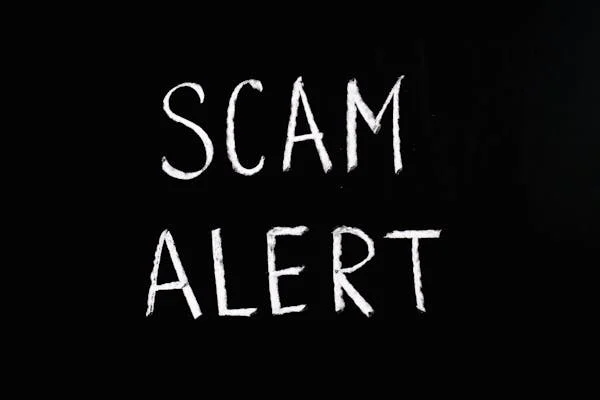HMRC has flagged the tax return and refund scam statistics in a warning to stay alert as the self-assessment season gears up for the big rush.
Nearly half of the 144,298 scams reported to HMRC were fake self-assessment rebates and there was a 16.7% increase in the number of scam referrals in the 12 months to October 2024.
Charlene Young, pensions and savings expert at AJ Bell, said: “Last year saw a record 11.5 million taxpayers file a self-assessment return by the 31 January deadline, with rising interest rates, reduced allowances and frozen tax thresholds combining to force more people than ever before into the tax return trap. With this year set to break records once again, HMRC has issued a warning for taxpayers to be on the lookout for scam activity.”
She continued: “HMRC reported a 16.7% increase in total scam referrals (144,298) in the 12 months to October 2024, up from 123,596 in the same period last year.
“Scammers are preying on people up against the 31 January deadline as well as those who file well ahead of time. There’s good reason to file early, as this can put you first in line for a refund. But remember that if you are due anything HMRC will not offer this by text message or email. You should claim any refund due using your online HMRC account or the official HMRC app.
“This busy period is also the ideal time for a phishing mission to try and intercept personal data including bank details from people who might not be used to the self-assessment system and how HMRC communicates with taxpayers.”
She further said: “Be alert to scams and the tricks fraudsters use to catch us all out. Examples include threatening (often automated) voicemails asking for personal information or suspicious email and text messages offering you a refund.
“HMRC has confirmed it will not ask for personal information or offer refunds by text message and emails and has urged taxpayers to report any communications they received to prevent others being targeted.
“If you receive a communication that doesn’t look right, you should check government scams advice and report suspicious communications direct to HMRC. Emails can be forwarded to [email protected] and texts claiming to be from HMRC to 60599.”





